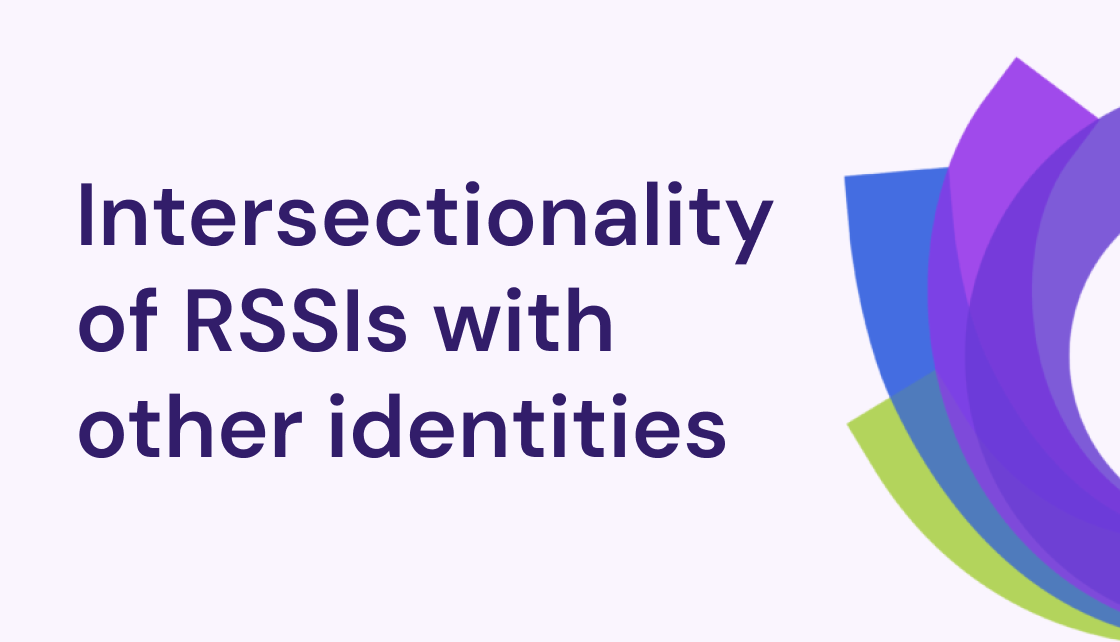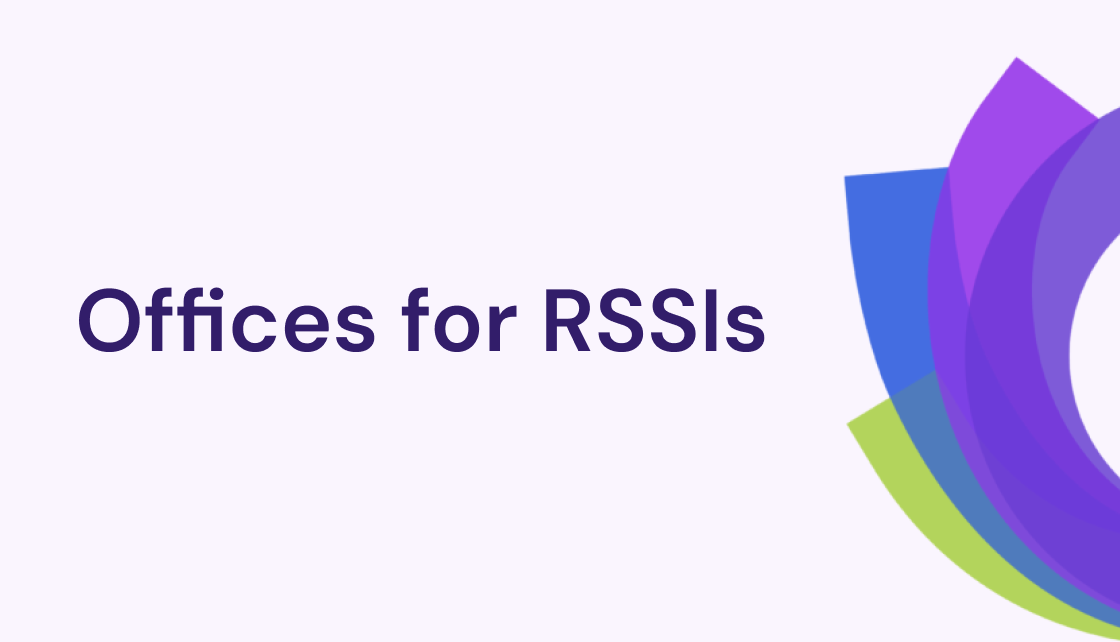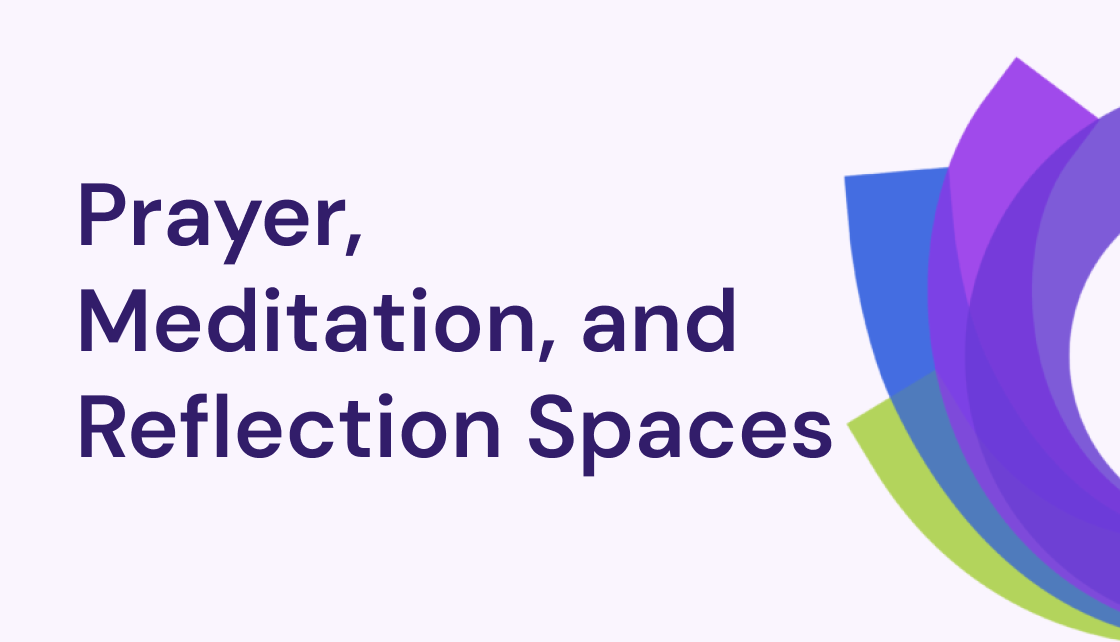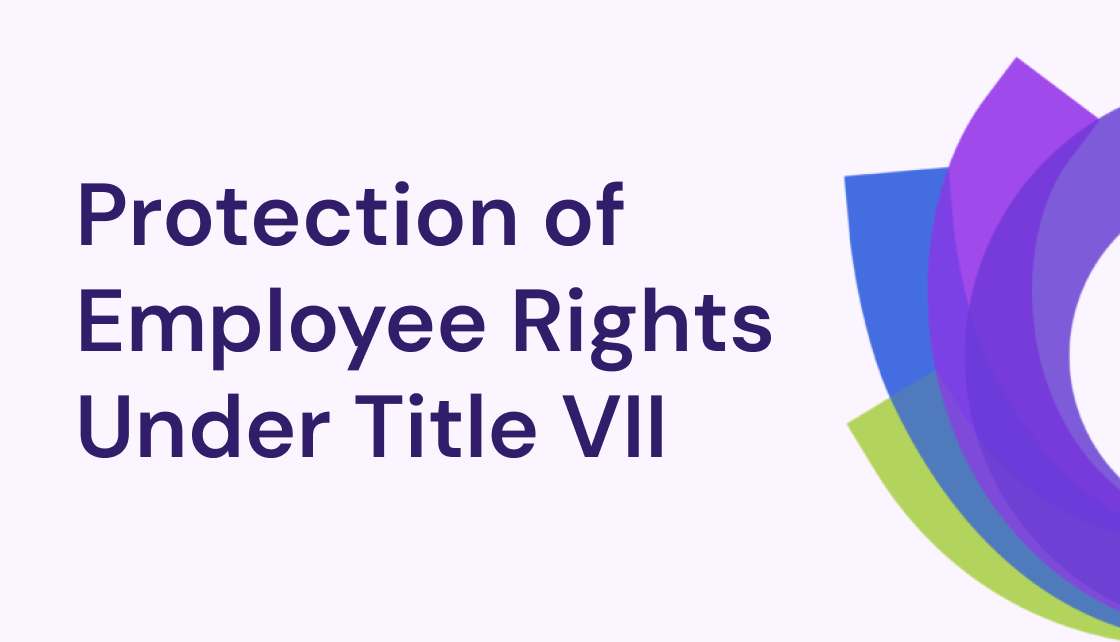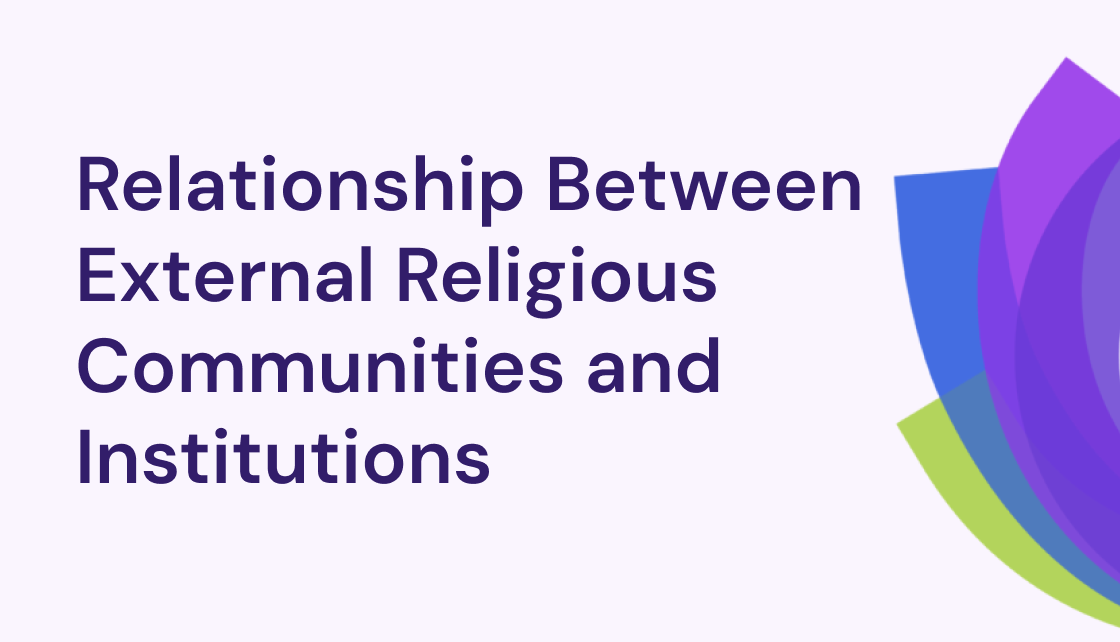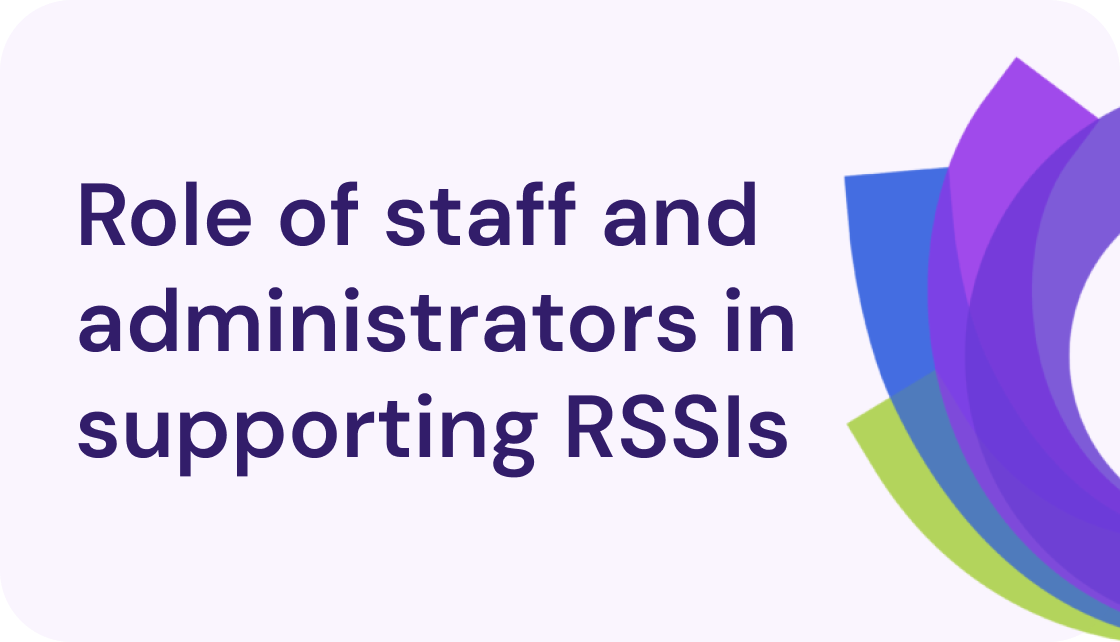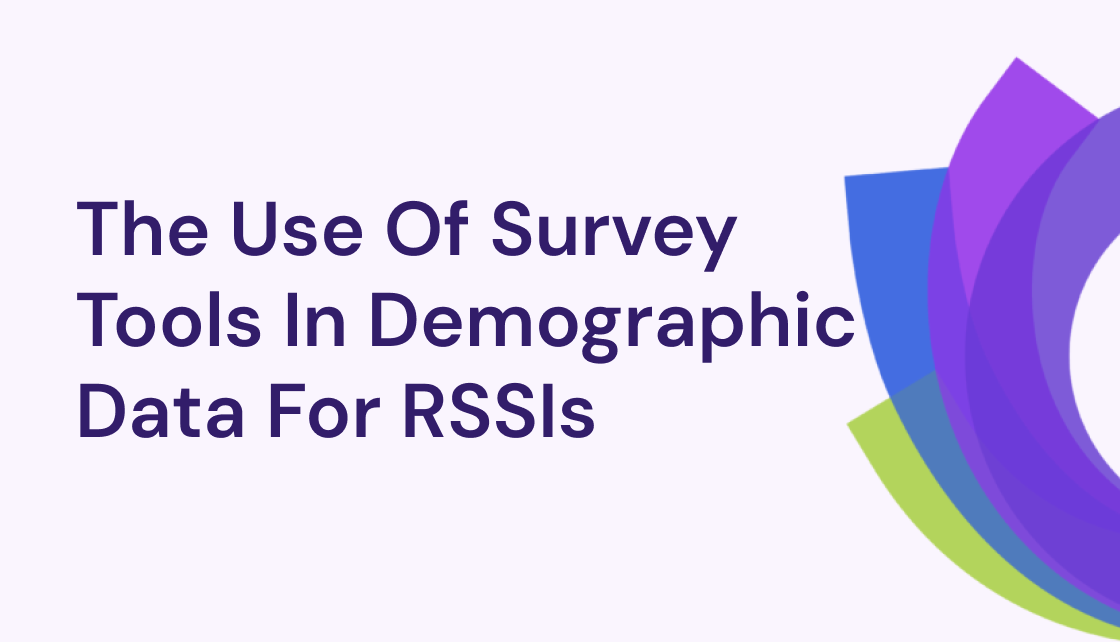Campus Dietary Options
Institutions of higher education hold a responsibility to foster campuses wherein students can reasonably access basic needs. Included in these needs are dietary options which align with students’ preferences and requirements, either due to medical circumstances, personal choice, or religion. This position paper recommends which concepts should be applied when addressing the need for religiously sensitive dietary options.
Intersectionality of RSSIs with other identities
Religious, secular, and spiritual identities (RSSIs), and even the more simplistic phrasing of religious identities, are quite often left off lists and analyses of intersectional elements. In order to fully advance equity and inclusion for all in society, intersectionality must dig deeper both to consider RSSIs and to understand how Christian supremacy is, in many ways, the foundation upon which other oppressions have been built. This position paper presents the considerations that should be made when integrating RSSIs into intersectionality analyses.
Offices for RSSIs
Higher education provides administrative oversight and advocacy for those entities and identities it sees as valuable. Yet, institutions have often ignored religious, secular, and spiritual identities (RSSIs), either closing offices that advocate for various RSSI groups or simply failing to create offices and staffing roles to support this area of identity. The reorganization and establishment of offices, positions, and general institutional structures and resources can be an effective method for dismantling longstanding forms of white Christian privilege, as well as demonstrate overtly the values of institutions to providing an inclusive climate for diverse campus community.
Prayer, Meditation, and Reflection Spaces
Student access to neutral spaces for meditation, prayer, or reflection (MPR) is an important part of supporting all religious, secular, and spiritual identities (RSSIs) in an inclusive and equitable way. MPR spaces allow students to engage in religious or spiritual observance, to step out of the pressures of daily collegiate life, or simply to clear their minds. This position paper offers considerations for enabling neutral MPR spaces to be inclusive of all RSSIs.
Protection of Employee Rights Under Title VII
Since passage of the Civil Rights Act of 1964 and its landmark Title VII protections for employees, religious freedoms and civil rights have been protected in the workforce. Higher education in turn has been provided with documentation that it is to protect religious, secular, and spiritual identities (RSSIs) in all forms amongst its employees. This position paper presents the necessary considerations for institutions when adhering to the above laws and guidelines.
Relationship Between External Religious Communities and Institutions
Since the founding of Harvard College in 1636, higher education has been deeply connected with the religious communities present across North America. In order to foster a campus community which is inclusive of all religious, secular, and spiritual identities, higher education administrators and institutions should provide ample processes through which to build trust, buy-in, as well as oversight of these organizations. This position paper recommends points for institutions to consider around their relationships with these communities.
Role of Staff and Administrators in Supporting RSSIs
Despite significant student-focused movements on college and university campuses around college student religious, secular, and spiritual identities (RSSIs), there exists significant gaps within institutional policies and practices. In order to improve campuses toward full equity and inclusion for people of diverse RSSIs, higher education should focus on administrators and practitioners as the most impactful catalysts for long-term environmental changes. This position paper recommends the concepts necessary for developing the infrastructure for such improvements.
The Use of Survey Tools in Demographic Data for RSSIs
Throughout higher education, data is a driving factor in decision-making at macro and micro levels of institutions. In recent years, some institutions of higher education have stopped collecting data pertaining to religious, secular, and spiritual identities (RSSIs) on campus, effectively losing track of this demographic data. This lack of data potentially threatens the support of marginalized individuals who have struggled to access resources and needs related to their RSSIs.
White Christian Supremacy


